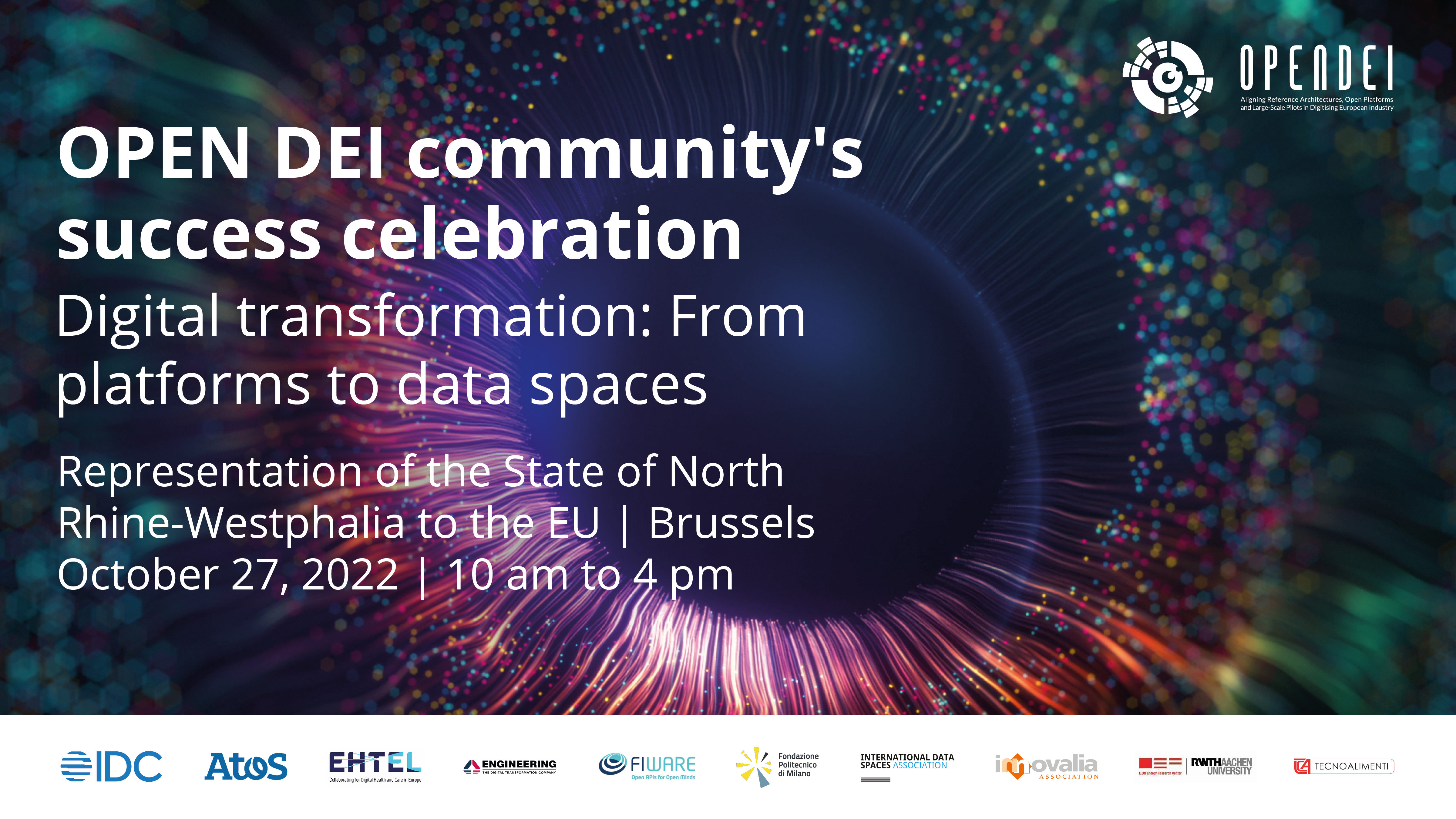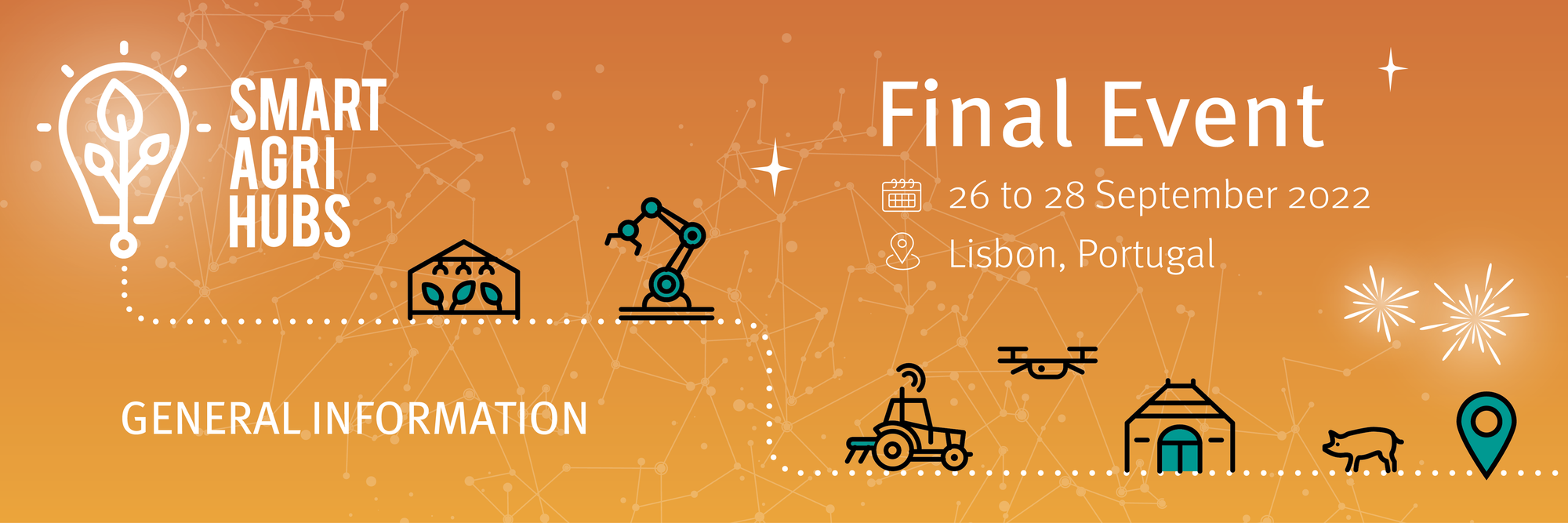This session will tackle one of the most important sectors for Europe, Agriculture (and more generally, the Food Industry). While it has always been important in terms of GDP, jobs and other economic indicators, the pandemic has shown even more the value of ensuring safety in food products, sovereignty and independence from other regions of the world and the need to react to make it more productive, sustainable and climate-neutral, in line with the Green Deal objectives. This session builds on previous successful sessions on the data-driven transformation of agriculture held at EBDVF and focuses specifically on the creation of a European data space for smart agri-food applications, as committed by the EU Member States in the declaration on “A smart and sustainable digital future for European agriculture and rural areas” signed In April 2019.
The main goal of the session is to understand what a European Data Space for Agriculture means and how this could look like. In order to do so, this workshop will provide a journey through several elements, starting with the motivation and economics if data sharing in Agriculture, going through the requirements and building blocks needed to implement such data space and exposing some of the existing experiences both in terms of business cases that exemplify the value of reusing data in this sector and preliminary efforts in setting up platforms and embryonic data spaces in agriculture.
The need for a European Data Space in Agriculture is acknowledged by the EC in many documents, and this has been translated into a relevant number of topics in the work programs of Horizon Europe (Cluster 6 on Food as well as cluster 4) and Digital Europe Program. Such data space should provide access to “open data such as satellite images, weather data, soil maps that are for public use, including data from the list of high value datasets to be established under the Open Data Directive (especially those selected from the geospatial, earth observation, environment and meteorological categories)” as well as “production data collected by the on-site sensors and connected machines such as planting population, yield data, fertiliser, pesticide application and may also cover market research data, retail prices, logistics data, etc”. Access to such data should comply with some requirements (data sovereignty, trustworthiness, etc). The session will go deeper into the analysis of data sets that should be included and design principles that should guide this process. It will also include discussions on implementation-related aspects, such as building blocks and Minimum Interoperability Mechanisms that should help in the communication between platforms or spaces. In order to pave the way towards these objectives we will invite representatives of projects and initiatives that have been working in enabling technologies and data platforms but also initial experiences on data spaces in the sector such as those led by flagship projects like DEMETER, NIVA, embryonic data spaces like DjustConnect or ongoing work led by IDSA and GAIA-X.
May 25- 16:00 – 17:30
AGENDA:
16:00 Welcome, background and objectives (Nuria de Lama, Atos, BDVA)16:10 Setting the scene (10 minutes each)
- Doris Marquardt (European Commission, DG AGRI)
- Martin Brynskov (Aarhus University, Living-in.eu initiative)
- Marko Turpeinen (CEO, 1001 Lakes)
16:40 Embryonic data spaces, best practices in data sharing and existing building blocks (position statements; 5 minutes each)
- Ioanna Roussaki (NTUA, DEMETER-AIM)
- Panos Ilias (ILVO, DjustConnect)
- Bernd Rauch (Fraunhofer IESE, GAIA-X)
- Francisco José Lacueva-Pérez (ITA Innova, GRAPEVINE)
- Mario Barile (Engineering)
- Mariano Navarro (Tragsa, NIVA)
- Srdjan Krco (Dunavnet, DEMETER)
17:20 Discussion panel and interaction with audience
17:30 Conclusions and closing of the session




